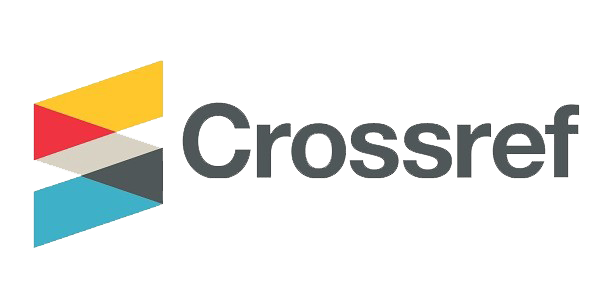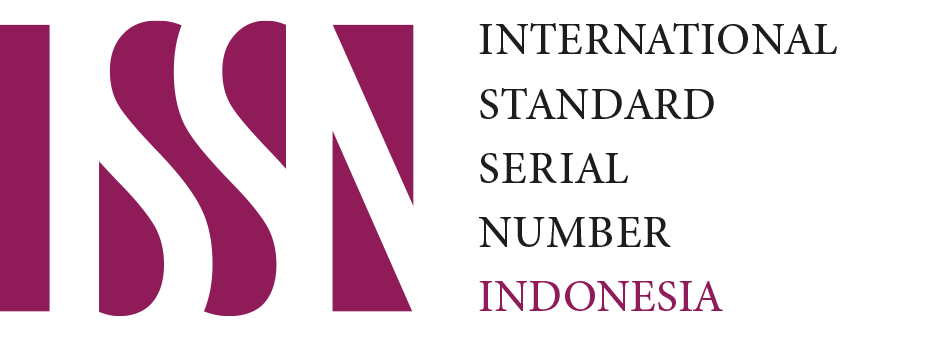Analisa Kompetensi Kewirausahaan UMKM: Suatu Telaah Kondisi Pasca-Pandemi
DOI:
https://doi.org/10.33197/jim.vol1.iss3.2021.803Keywords:
Kompetensi kewirausahaan, wirausaha, UMKM, pasca-pandemiAbstract
Krisis yang diakibatkan oleh pandemi Covid-19 mempengaruhi UMKM sebagai satu sektor yang penting dalam menjaga keberlangsungan bisnis dalam sebuah negara. Terpengaruhnya pola konsumsi masyarakat terdampak pandemi mengakibatkan pola permintaan yang berevolusi secara drastis. Kesuksesan kewirausahaan ditentukan oleh kompetensi yang dimiliki seorang wirausaha, khususnya di masa pandemi dan pasca-pandemi. Kemampuan penguasaan terhadap teknologi menjadi satu hal yang penting untuk menghadapi gelombang konsumsi yang mengarah ke dunia digital dan aspek ketangguhan diperlukan untuk menghadapi berbagai perubahan kondisi maupun ketidakpastian yang mungkin terjadi di masa yang akan datang.
References
Camuffo, A., Gerli, F., & Gubitta, P. (2012). Competencies matter: Modeling effective entrepreneurship in northeast of Italy small firms. Cross Cultural Management, 19(1), 48–66. https://doi.org/10.1108/13527601211195628
Cukier, W., McCallum, K. E., Egbunnonu, P., & Bates, K. (2021). The mother of invention: Skills for innovation in the post-pandemic world. Public Policy Forum, (June). Retrieved from https://www.ryerson.ca/diversity/reports/MotherOfInvention_EN.pdf
Dalimunthe, G. P., & Faritzal, A. (2011). Identifying Post-Industrial Creative Entrepreneurship Competencies Bandung, Indonesia. In Conference Paper of The 3rd Indonesia International conference On Innovation, Entrepreneurship, & Small Business (pp. 26-28).
Kijkasiwat, P., Wellalage, N. H., & Locke, S. (2021). The impact of symbiotic relations on the performance of micro, small and medium enterprises in a small-town context: The perspective of risk and return. Research in International Business and Finance, 56(January), 101388. https://doi.org/10.1016/j.ribaf.2021.101388
Lins, S., Aquino, S., Costa, A. R., & Koch, R. (2021). From panic to revenge: Compensatory buying behaviors during the pandemic. International Journal of Social Psychiatry, 2–3. https://doi.org/10.1177/00207640211002557
Marconatto, D. A. B., Teixeira, E. G., Peixoto, G. A., & Faccin, K. (2021). Weathering the storm: what successful SMEs are doing to beat the pandemic. Management Decision.
Robles, L., & Zárraga-Rodríguez, M. (2015). Key Competencies for Entrepreneurship. Procedia Economics and Finance, 23(October 2014), 828–832. https://doi.org/10.1016/s2212-5671(15)00389-5
Tran, L. T. T. (2021). Managing the effectiveness of e-commerce platforms in a pandemic. Journal of Retailing and Consumer Services, 58(August 2020), 102287. https://doi.org/10.1016/j.jretconser.2020.102287
Wahyono, H., Narmaditya, B. S., Wibowo, A., & Kustiandi, J. (2021). Irrationality and economic morality of SMEs’ behavior during the Covid-19 pandemic: lesson from Indonesia. Heliyon, 7(7), e07400. https://doi.org/10.1016/j.heliyon.2021.e07400
Zahra, S. A., Gedajlovic, E., Neubaum, D. O., & Shulman, J. M. (2009). A typology of social entrepreneurs: Motives, search processes and ethical challenges. Journal of Business Venturing, 24(5), 519–532. https://doi.org/10.1016/j.jbusvent.2008.04.007












